How Nutrition Helps You Recover
- July 23, 2017
- Last Updated: November 27, 2023
- 43 Comments
- Nutrition
I received a question from a reader in marathon training about the best things to eat for marathon training, so I figured I’d make a post about it!
Even though I’m not currently in a high training state, I love to share what to eat for a 20 mile run. I think it’s important to show what a normal relationship with food can look like, and how normal, consistent eating plays a role.
PS – the Nathan hydration backpack is amazing!
As an Amazon Associate, I may earn from qualifying purchases. You can read more here on our Disclaimer and Privacy Page.
I’m sure most of us have experienced workouts where we knew we didn’t eat the right thing beforehand. We may have felt bloated, lethargic, or just “off,” if our meal was eaten too close or too far away from our workout.
Or, if we didn’t have the right proportion of carbohydrates, fat and protein.
Well, it’s similar after a workout too. Nutrition can definitely play a role – eating the right thing and at the right time can have a tremendous impact on how we feel the following days and how our muscles recover.
Making sure you’re eating enough, knowing signs of hunger, and not experiencing symptoms of RED-S comes into play too.
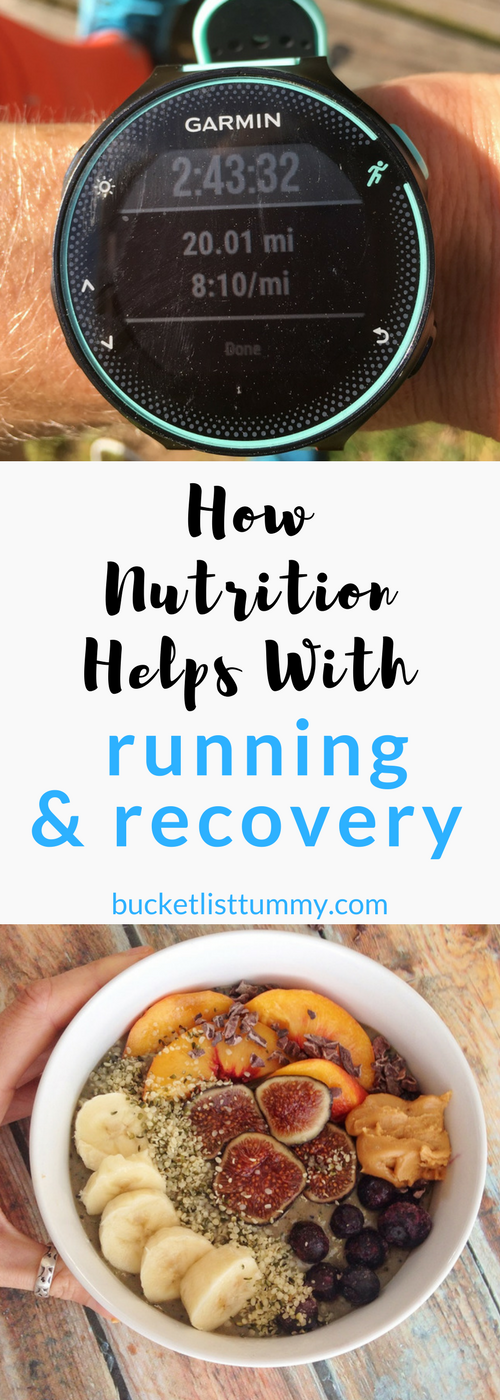
The Macronutrients
Immediately after exercise, our muscles are primed to assimilate and build protein from amino acids from the blood. After exercise, our muscles are also most efficient at absorbing carbohydrates.
The amino acids replenish and build protein stores, while the carbohydrates refill our glycogen stores.
Carbohydrates also stimulate insulin, an anabolic hormone that helps with muscle building and bringing carbohydrates into the muscles.
Ideally, you want a 3:1-4:1 ratio of carbohydrates to protein. Your body can only absorb a certain amount of protein at once, so loading up your smoothie with 50 grams of protein is pretty futile.
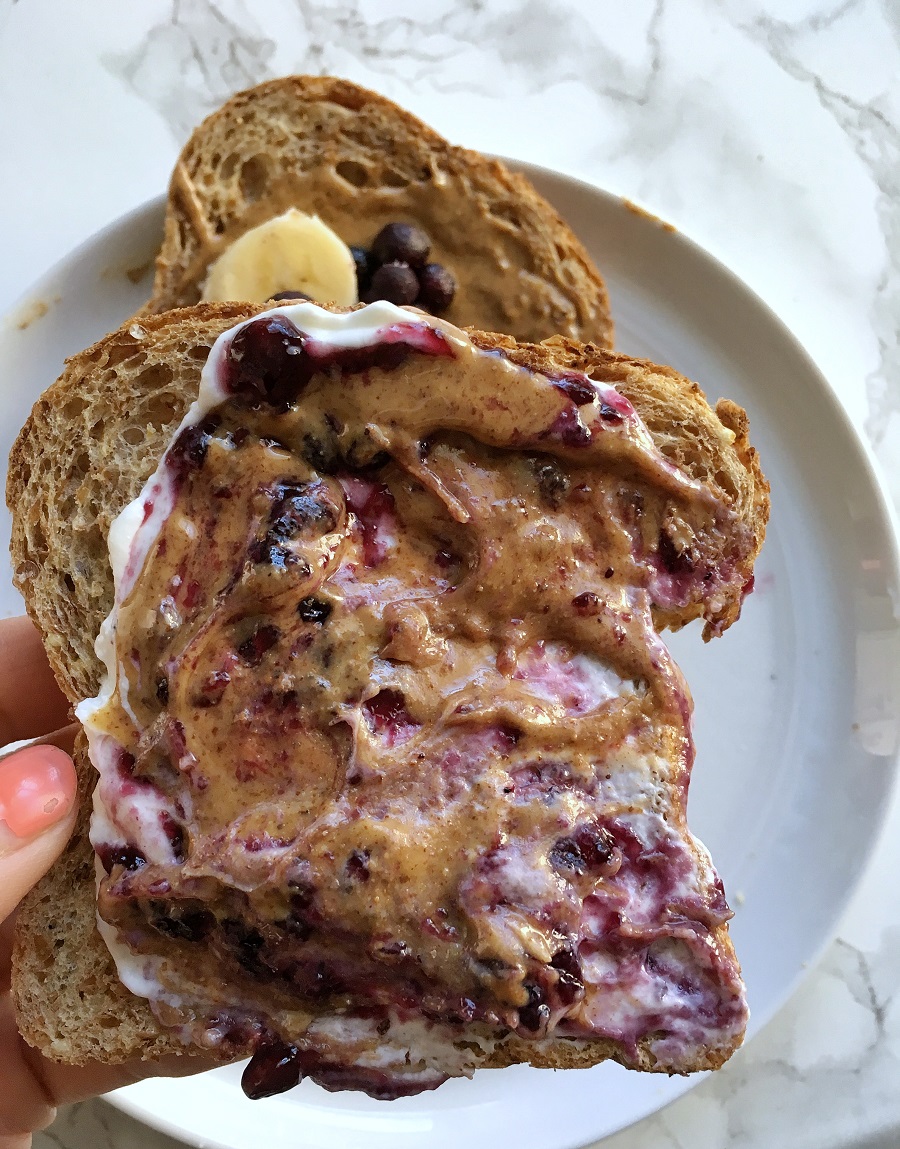
We used to tell athletes to refuel within 30-60 minutes of exercise, but recent research has shown that the time window may be much longer.
I also talk a little more about the window in this Women’s Running article.
Amino Acids After Exercise
Muscles will continue to take up carbohydrates over the next 24 hours but just not as quickly as soon after.
So, while you don’t have to kill yourself to get food in immediately after, I would recommend trying to get it in sooner rather than later – your body needs it!
Check out this post to see, how much protein do athletes need?
Try to get good quality protein too, and pick sources with essential amino acids (EAA). EAA refer to amino acids that our body can’t make, especially leucine.
- 1 cup of greek yogurt has 5.7 grams of EAA (1.2 g leucine)
- 1 oz skinless chicken breast has 3.9 grams of EAA (.8 g leucine)
- 1/2 oz of almonds which only has 0.9 grams of EAA (.2 g leucine)
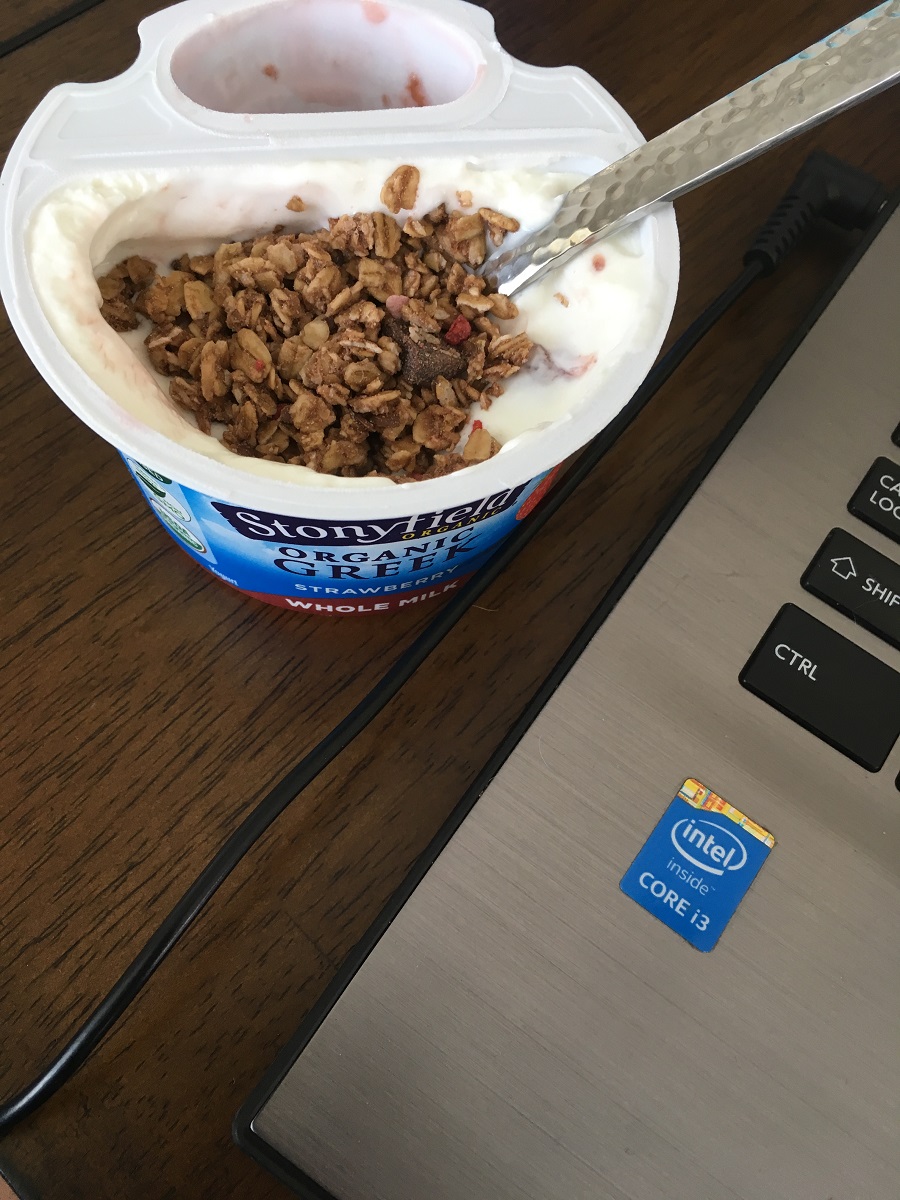
Conclusion: After exercise, you want a combination of protein + carbs to replenish and rebuild your muscle stores.
High Protein Post Workout Meal
- Chocolate milk
- Oats with milk/yogurt and fruit
- Fruit smoothie with Greek yogurt
- Fish/chicken/beef with veggies and a grain
- Peanut Butter/yogurt toast
- Greek yogurt cup with berries/cereal
- Sandwich (turkey, tuna, chicken, etc) or wrap with some fruit

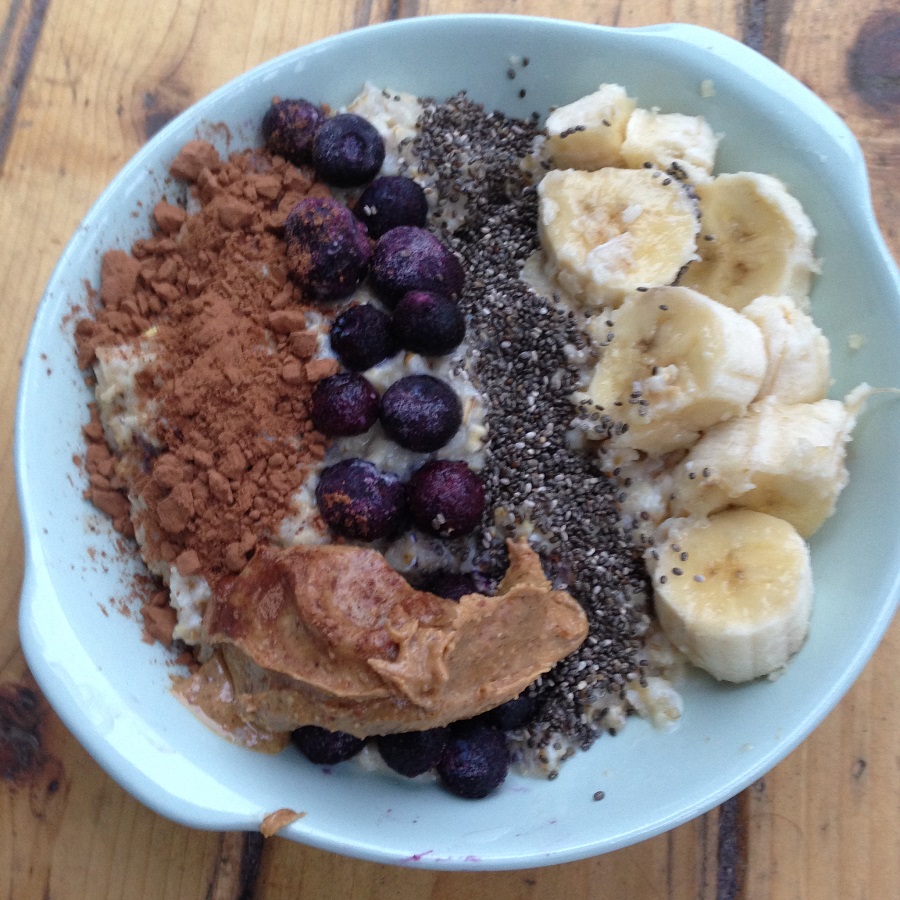
The Micronutrients
The main vitamins we think of with exercise are Vitamins C, E and beta carotene, which are all antioxidants. You get these nutrients through a balanced diet as well.
In this post about recovery foods after exercise, I talk about some of my favorite recovery foods, many of them with a high antioxidant content.
Foods high in Vitamin C include oranges, red peppers, strawberries, kiwi, mango, kale, brussel sprouts and broccoli.
Carrots, sweet potatoes, squash, kale, spinach and apricots are high in beta carotene (a precursor to Vitamin A) and very good for recovery as well.

Conclusion: If you’re eating adequate fresh fruits/veggies, you’re probably getting a good amount of antioxidants.
The Electrolytes
When you sweat, you lose water but also minerals like potassium and sodium. Electrolytes for runners are important to replenish because they help the water “stay” in our system.
Otherwise, we’d just be drinking water and peeing it out. They also regulate blood pressure, pH, and nerve and muscle function. Some muscle cramps may be a mix of dehydration or electrolyte imbalance.
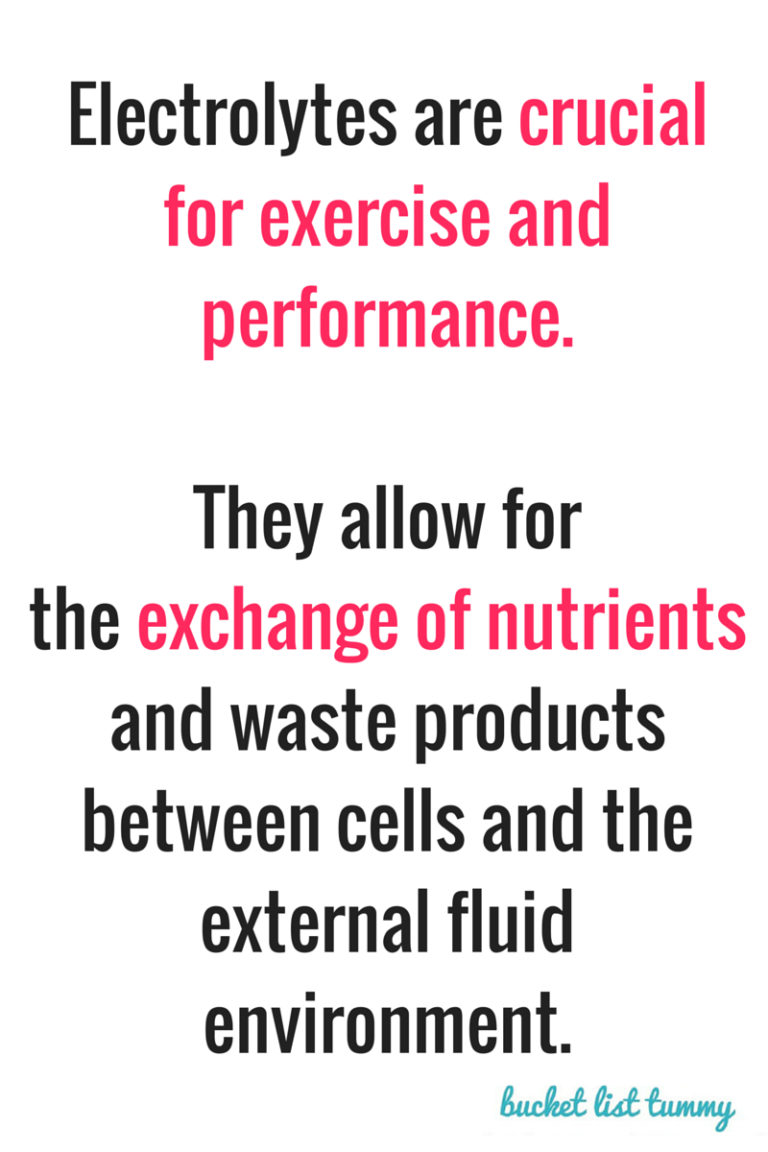
Fluid needs vary by person, activity and time of year, so it’s nearly impossible to offer one-size-fits-all recommendations. Furthermore, some of us are heavier or saltier sweaters than others.
The ranges of electrolytes lost in 2lb (or 1 L, 1qt) of sweat are:
- Sodium – 200-1,600 mg
- Potassium – 120-600 mg
- Calcium – 6-40 mg
- Magnesium – 2-18 mg
If you’re a heavy sweater, it may benefit you to add more salt to your foods, or consume sodium containing fluids/foods before, during and after exercise.
I love Generation UCAN, personally.
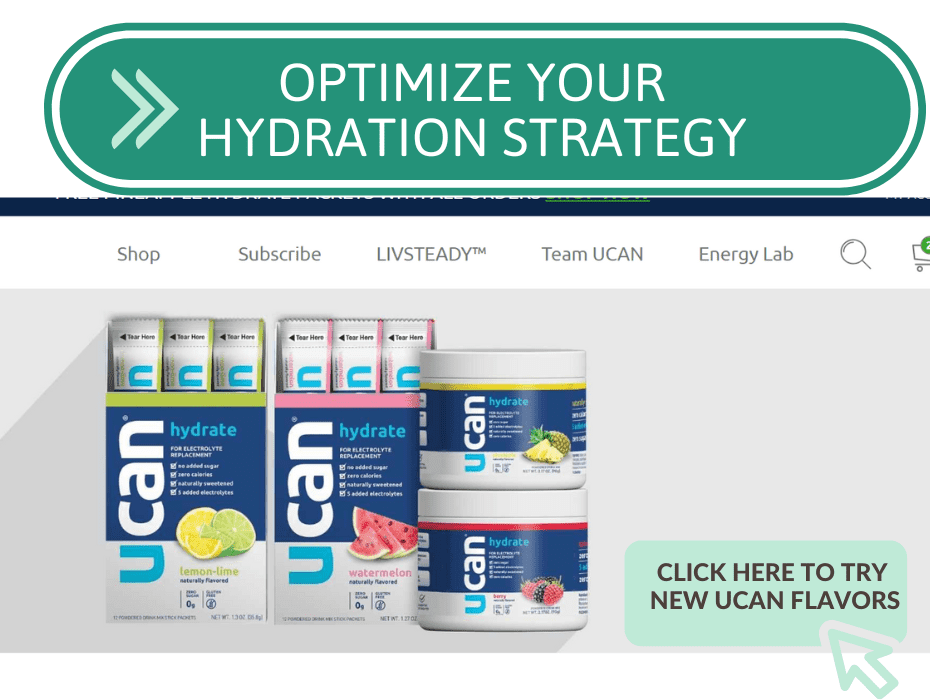
This doesn’t have to just be sports drinks – there are plenty of salty foods, including soups, tomato sauce, pizza, pretzels, breads, bagels and popcorn. You can replenish potassium through fruits, veggies and yogurt.
You can also make your own homemade electrolyte drink.

Fluids
You’ve probably heard that checking your urine is the best way to tell if you’re hydrated vs dehydrated, and that’s true. You want a pale yellow color.
Additionally, symptoms of headaches, chronic fatigue and lethargy are also signs of dehydration.
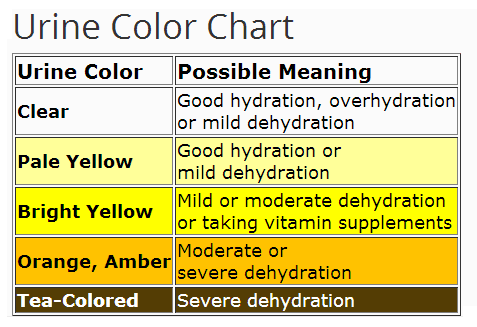
Dehydration is cumulative and it stresses the body. When we don’t have enough fluid on board, our body temperature rises, our heart rate increases, and exercise feels harder.
You don’t want to be in a fluid deficit before you start exercising, so try to drink sufficient fluids beforehand. For example, you wake up dehydrated so having 16-24 oz of water before a morning workout is recommended.
Ideally, you want to replace the fluids you lose through sweating. Now in the summer, that’s probably a lot more (more on summer hydration and winter hydration).
A good way to tell how much water you’ve lost through exercise is to weigh yourself before and after – a pound of sweat loss is about 16 oz of water. You want to replenish what you lost plus some.
You don’t want to lose more than 2% of your body weight (about 3# for a 150# person).
Water is best, but there is a place for sports drinks, and even milk products too! I love NUUN tabs that help me drink more water and also add in electrolytes.
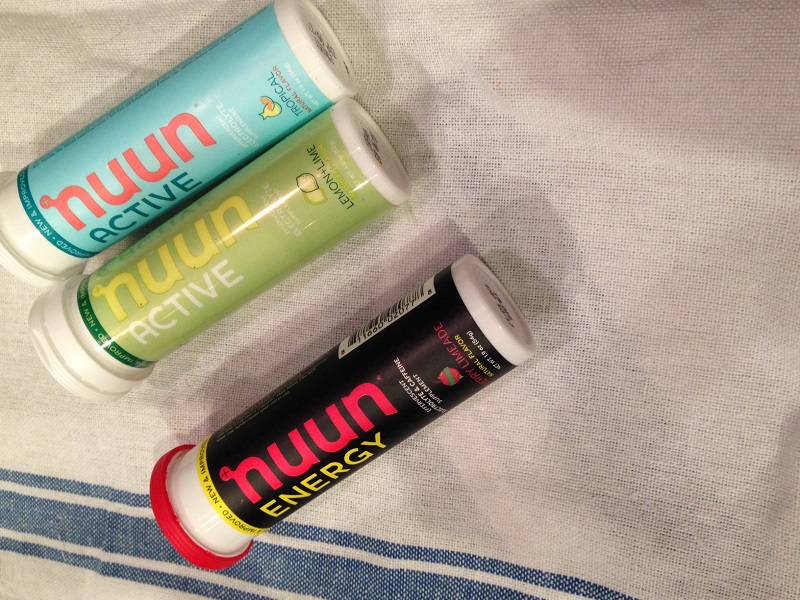
More Running Posts
- How I Recovered from a Marathon
- Race Day Nutrition – The Ultimate Guide to Pre, During and Post Race Nutrition
- What Happens if you exercise without eating enough
- Nutrition Tips to Help with Runner’s Gut
If you’re looking for more running or specific sports nutrition resources, Nancy Clark has some great books.
I have the Sports Nutrition Guidebook and the Food Guide for Marathoners, and love them both.
Support Bucket List Tummy

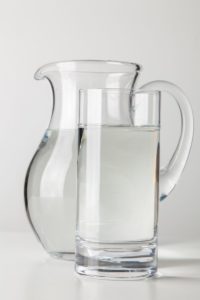
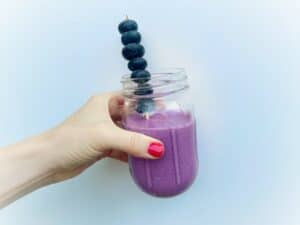
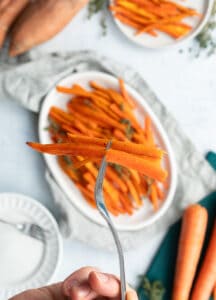
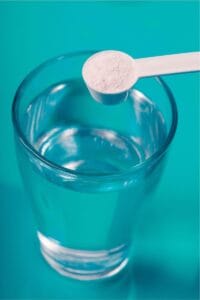

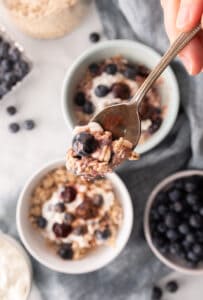





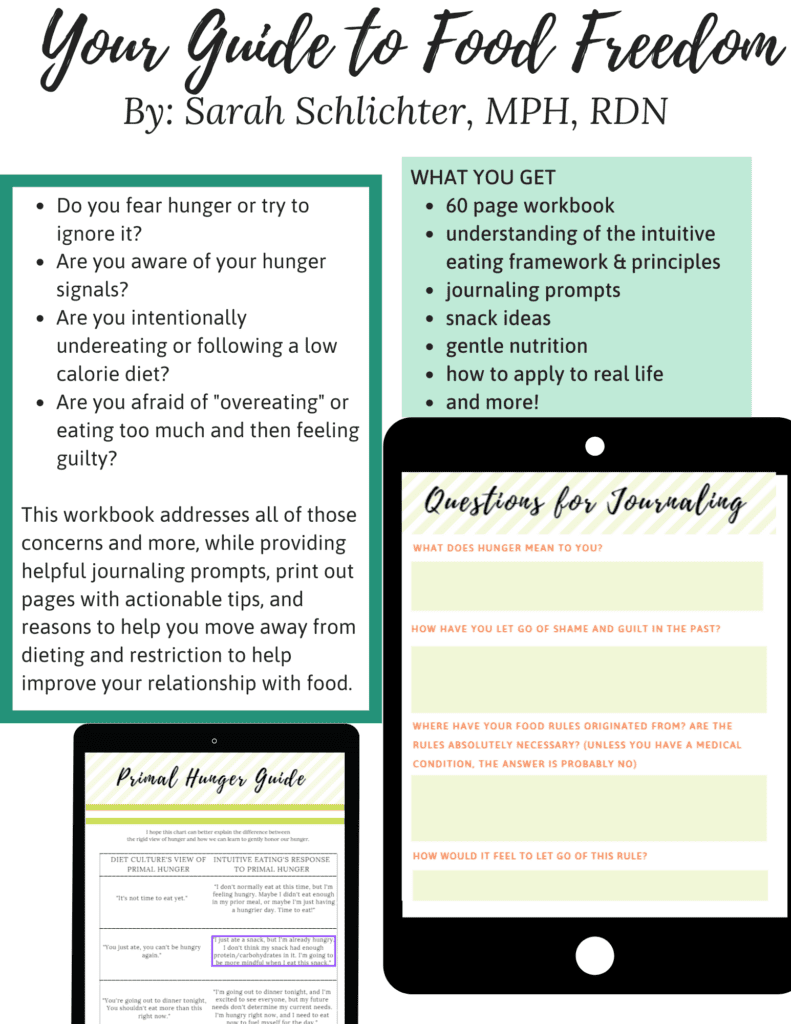

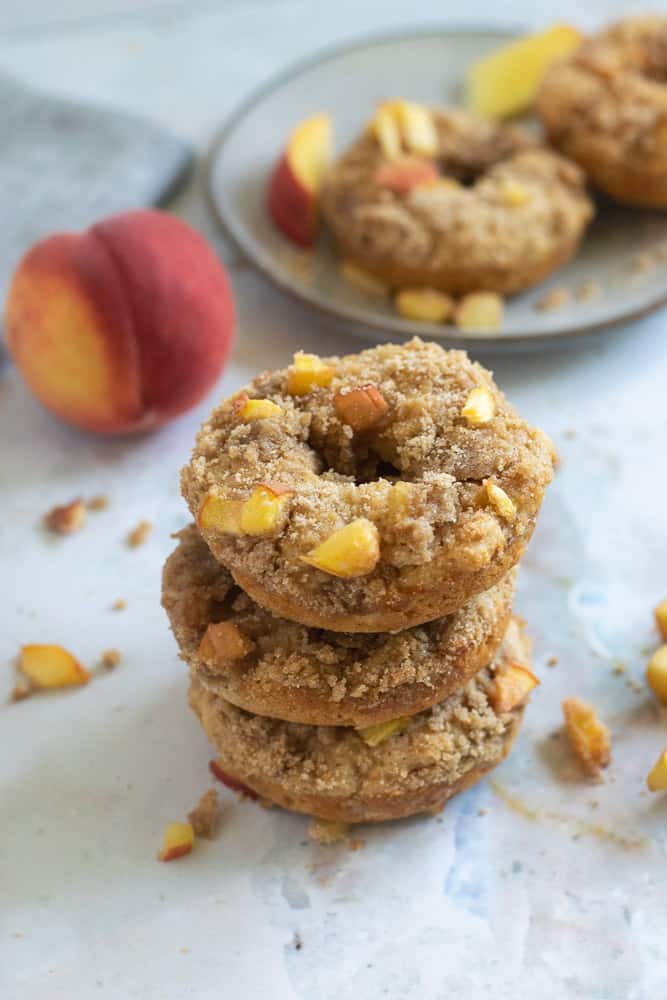



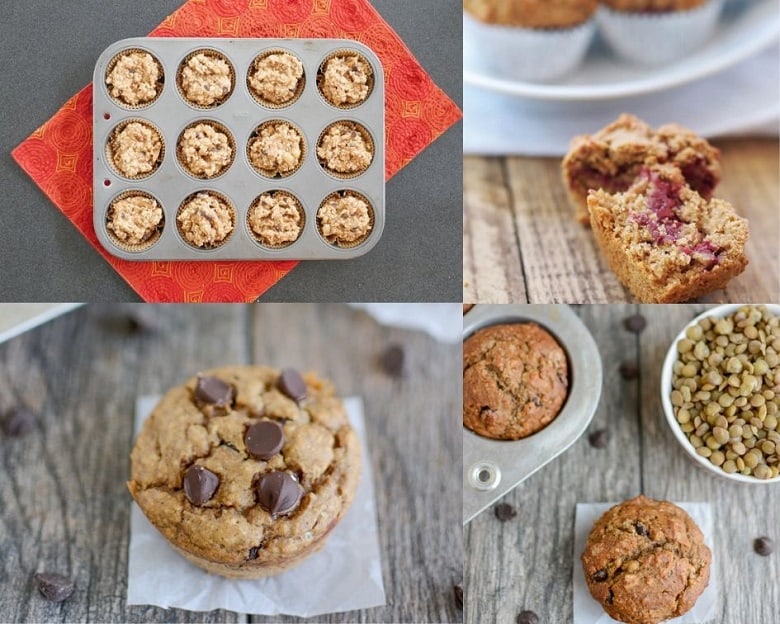

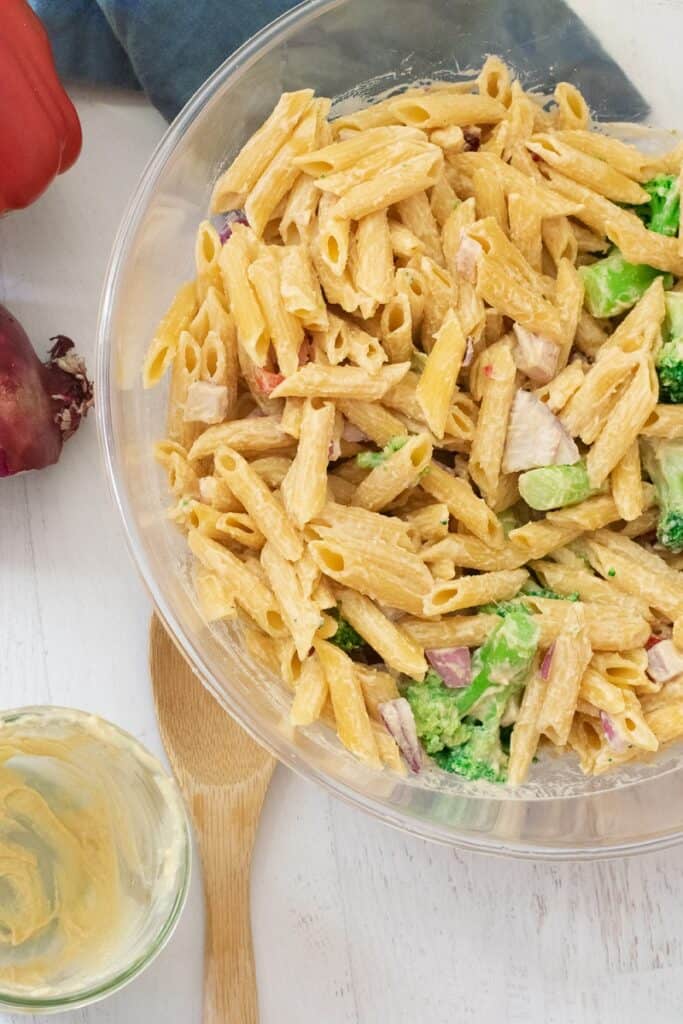

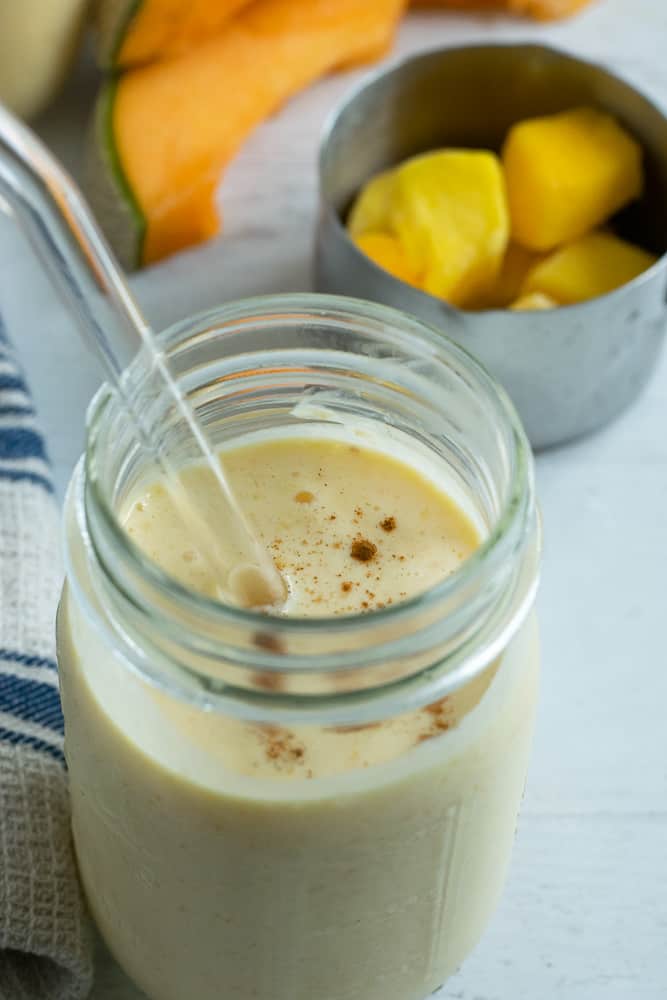
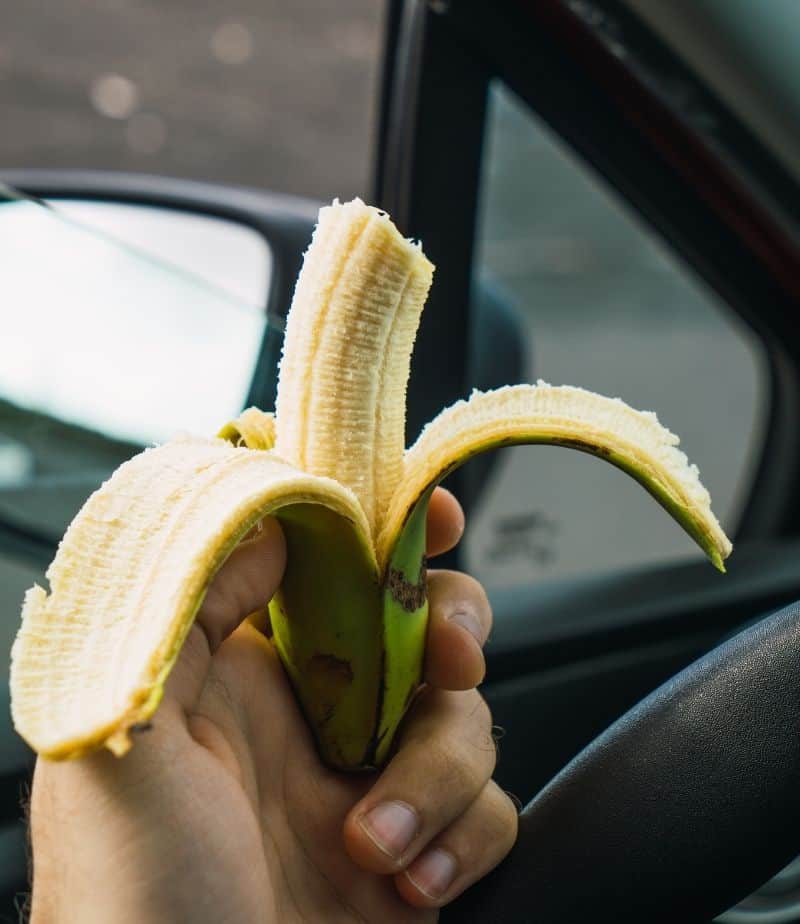
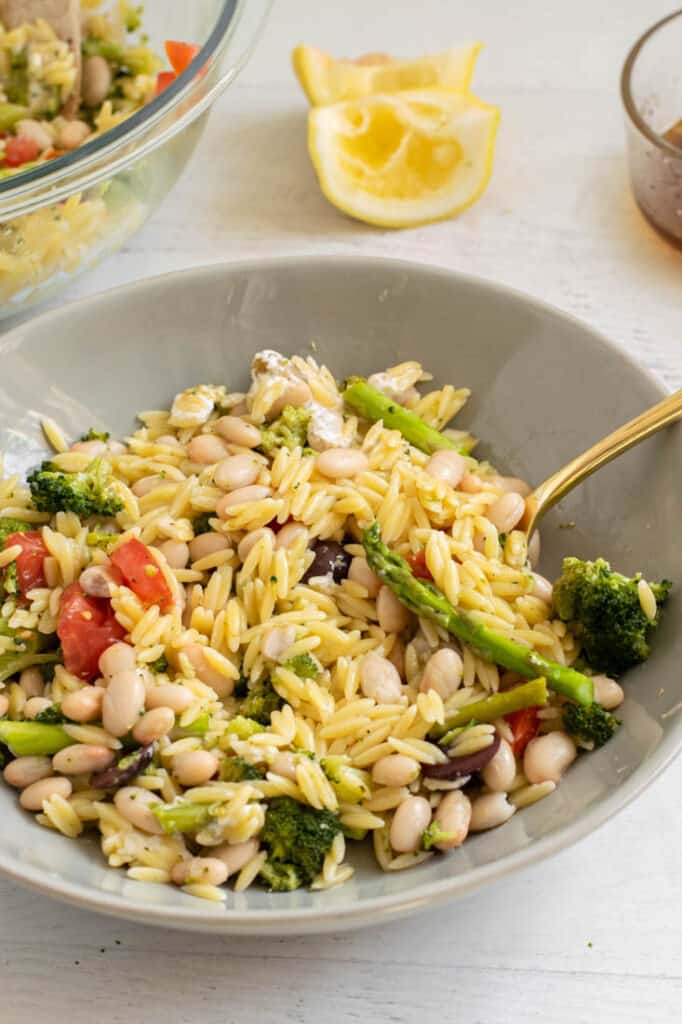
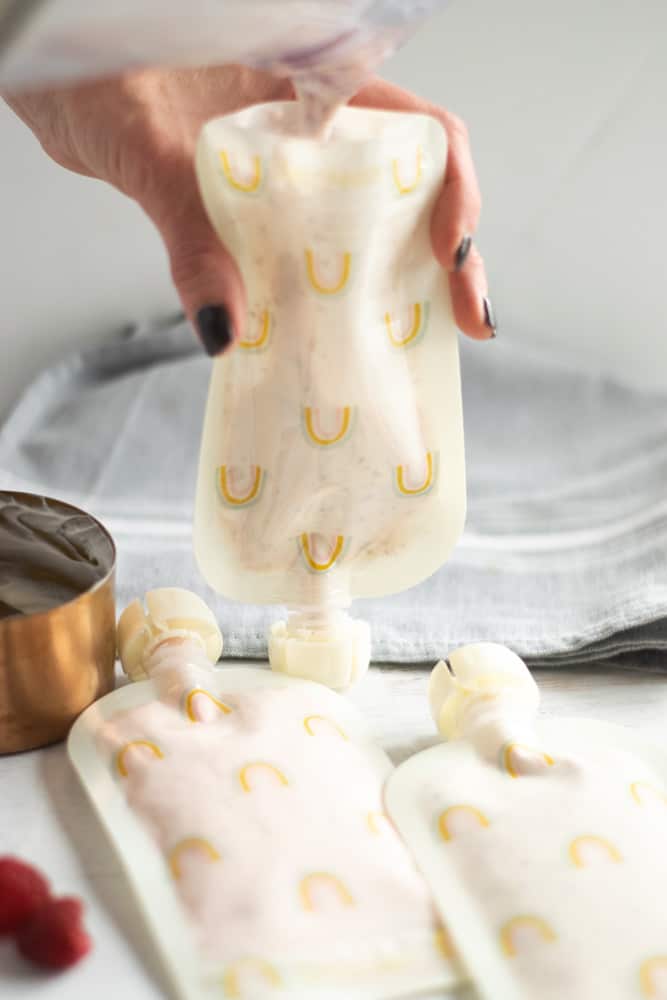
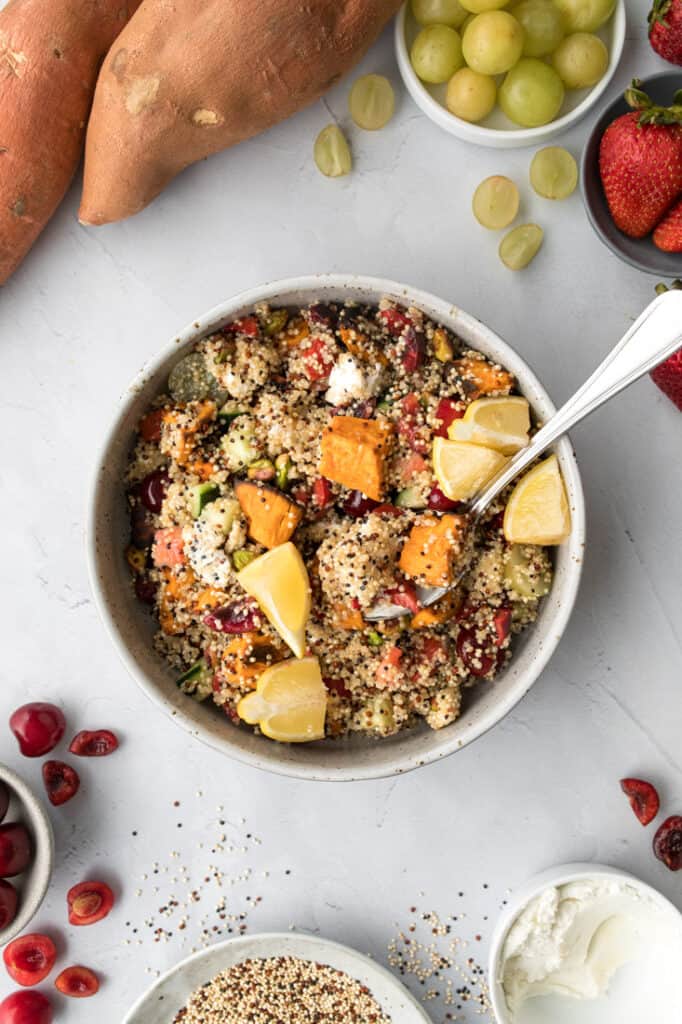

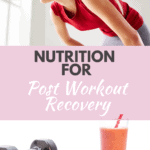
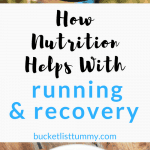
Like This Content?
Support Bucket List Tummy